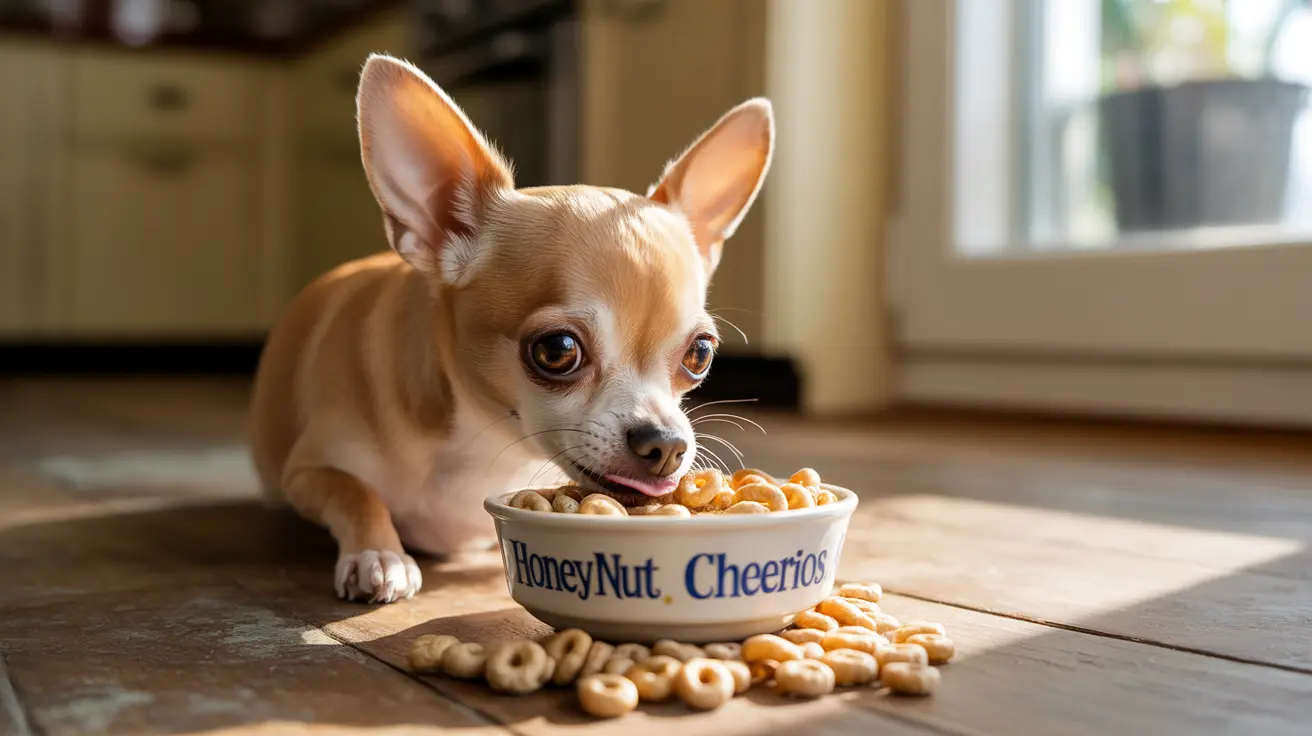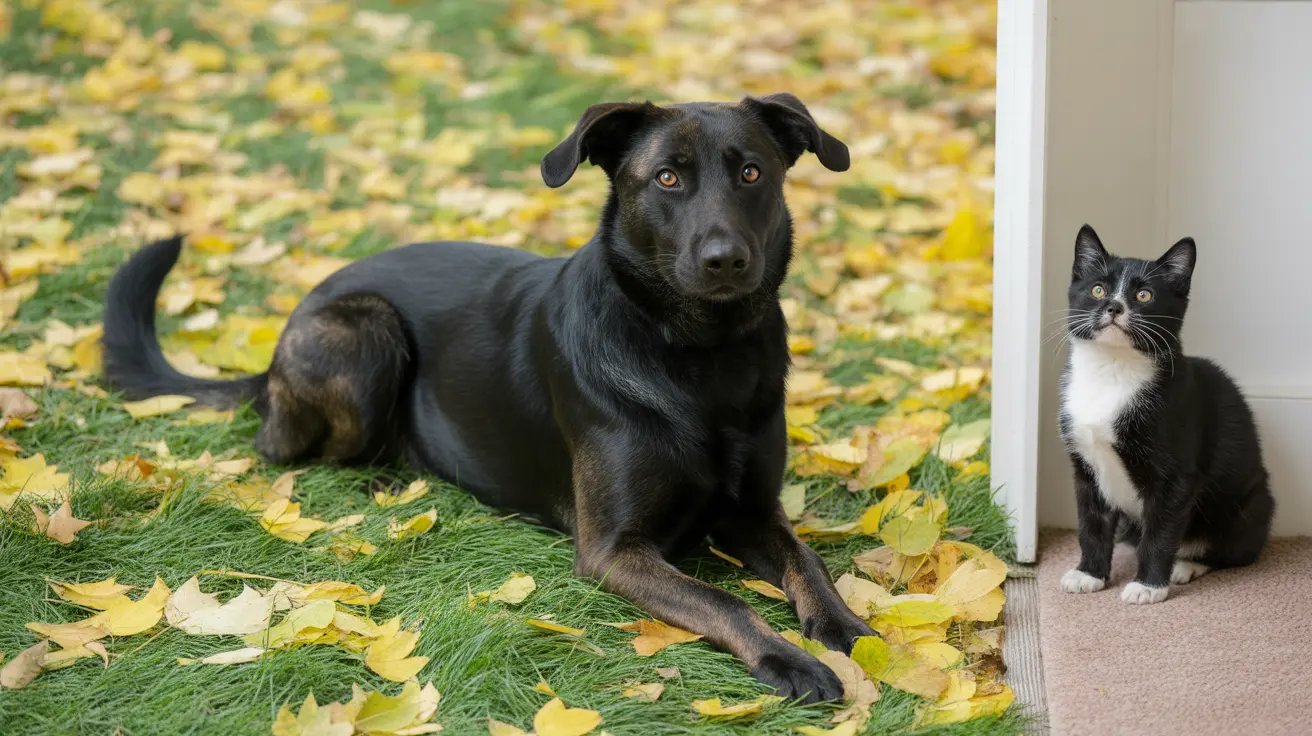Introduction
As pet owners, we often wonder about sharing our favorite snacks with our furry friends. Honey Nut Cheerios, a popular breakfast cereal, frequently raises questions among dog owners about its safety and suitability as a treat. While dogs can technically eat Honey Nut Cheerios in very small amounts, there are important considerations and potential risks that every pet parent should understand before sharing this cereal with their canine companion.
Safety Considerations for Honey Nut Cheerios
Honey Nut Cheerios contain several ingredients that warrant careful consideration when it comes to dogs. The cereal's main components include whole grain oats, sugar, honey, and various additives. While none of these ingredients are typically toxic to dogs, the combination and quantities can pose health concerns.
The primary concerns include:
- High sugar content (9.6 grams per serving)
- Artificial ingredients and preservatives
- Salt content (171.3 mg per serving)
- Potential traces of herbicides like glyphosate
Potential Risks and Health Impacts
Regularly feeding Honey Nut Cheerios to dogs can lead to several health issues:
- Weight gain and obesity
- Dental problems due to sugar content
- Blood sugar fluctuations
- Digestive upset
- Potential allergic reactions
Dogs with pre-existing conditions like diabetes or obesity should avoid Honey Nut Cheerios entirely. Even healthy dogs should only receive this treat in very limited quantities, if at all.
Better Alternatives for Dog Treats
Instead of Honey Nut Cheerios, consider these healthier treat options for your dog:
- Plain, original Cheerios (lower in sugar)
- Small pieces of fresh fruits (excluding grapes and raisins)
- Vegetables like carrots or green beans
- Commercial dog treats formulated for canine health
- Small pieces of lean, cooked meat
Guidelines for Feeding Cereals to Dogs
If you decide to offer Honey Nut Cheerios as an occasional treat, follow these important guidelines:
- Limit portions to 2-3 pieces at a time
- Never make it a regular treat
- Avoid giving cereal with milk
- Monitor your dog for any adverse reactions
- Keep treats to less than 10% of daily caloric intake
Frequently Asked Questions
Can dogs have Honey Nut Cheerios as a regular treat?
No, Honey Nut Cheerios should not be given as a regular treat. The high sugar content and artificial ingredients make them unsuitable for frequent consumption by dogs.
What are the risks of feeding Honey Nut Cheerios to dogs?
The main risks include weight gain, dental problems, blood sugar spikes, and potential digestive issues. Long-term consumption could contribute to obesity and diabetes.
How much plain Cheerios can I safely give to my dog as a treat?
Plain Cheerios can be given in small amounts (2-3 pieces) as an occasional treat. They should never make up more than 10% of your dog's daily caloric intake.
Why should I avoid flavored cereals like Honey Nut Cheerios for my dog?
Flavored cereals contain added sugars, artificial ingredients, and preservatives that can be harmful to dogs. They offer no nutritional value and may contribute to health problems.
What are healthier treat alternatives to Honey Nut Cheerios for dogs?
Healthier alternatives include plain Cheerios, small pieces of fresh fruits (except grapes/raisins), vegetables like carrots, commercial dog treats, or small pieces of lean meat.
Conclusion
While Honey Nut Cheerios aren't toxic to dogs, they're far from an ideal treat choice. The high sugar content and artificial ingredients make them a treat best avoided or given very sparingly. Instead, focus on providing your dog with healthier, more appropriate treats that support their overall well-being. When in doubt, always consult with your veterinarian about the best treat options for your specific dog's needs and health conditions.






